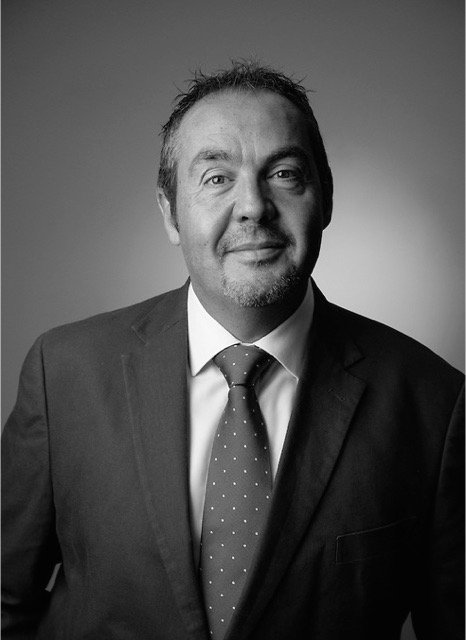Maximising mental performance
/Keywords
Resilience - Coaching - Focus - Emotions - Performance - Self-awareness - Decision-making - Neuroplasticity - Intentionality
In this episode of Resilience Unravelled Evan Marks, a seasoned mental performance coach with over 25 years of Wall Street wisdom, shares his journey from a career in finance to coaching professional athletes, C-suite executives, and Wall Street professionals. He also talks about his experiences coaching NASCAR drivers including Jimmie Johnson and their pit teams, and the need to focus on the significance of acknowledging and utilising emotions for enhanced performance. He also discusses the mental and physical stamina required for professional drivers and the exceptional conditioning that enables them to maintain focus and performance under pressure for extended periods.
Evan also focuses on the importance of self-awareness, emotional management, and intentional decision-making and explores the concept of neuroplasticity and its relevance to personal development.
Main topics
How the human brain's perception of time and its ability to slow down and speed up can be useful in high-pressure situations.
Intentionality in decision-making and how it allows individuals to create beneficial behaviours despite their feelings.
Neuroplasticity and its relevance to personal development.
The importance of being conscious and intentional to create new neural pathways for personal growth.
The role of emotions in shaping behaviour and the importance of self-awareness in managing them.
The need for individuals to prioritise their values and energy to achieve a healthy work-life balance.
Action items
You can find out more about Evan at M1PerformanceGroup.com or through his social media LinkedIn in/Evan-Marks, x-twitter @EMarksPW or Instagram @EMarks72Web: M1PerformanceGroup.com
You can listen to the podcast in full and find out further information here. Our upcoming guest list is also available along with our previous blogs.
Find out more about our innovative Resilience and Burnout solutions.









